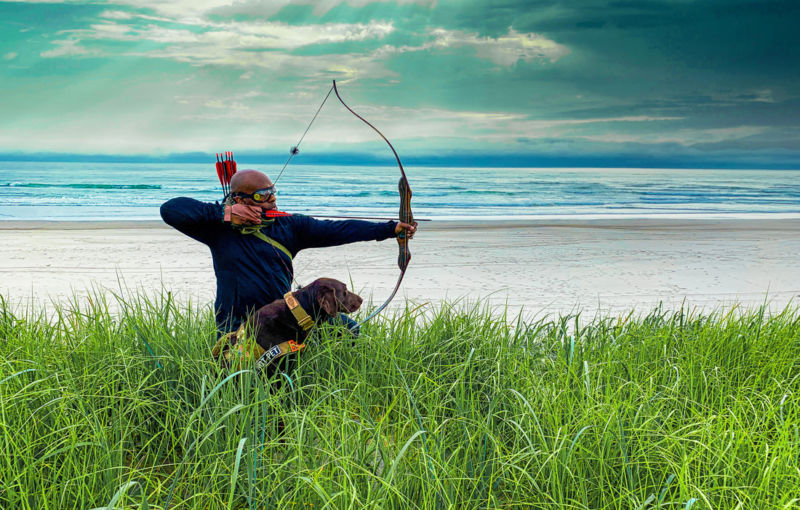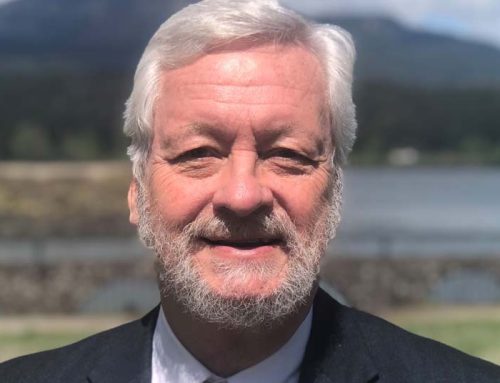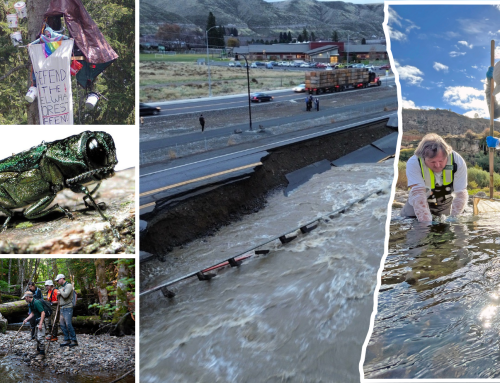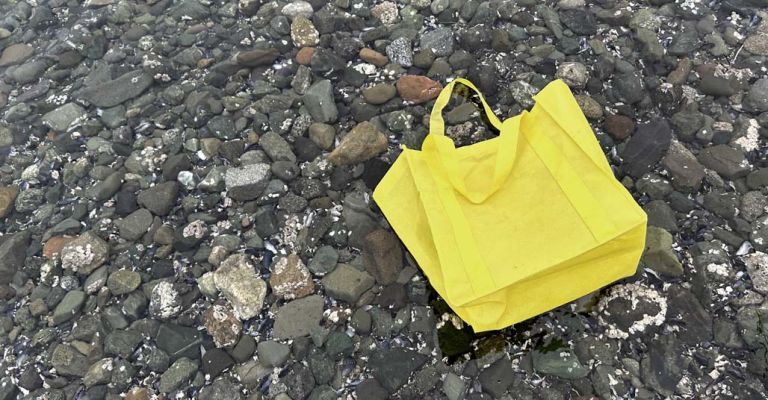A bill in the Oregon legislature aims to put teeth—and punishment—behind environmental equity rhetoric

Capitol concern: A bill approved by an Oregon Senate committee gives new meaning to “environmental protection.” Photo by Jim Coate/Flickr
By Isabelle Tavares, April 19, 2021. When Chad Brown, Navy veteran and fly fisherman, parked his car before setting out to a river, he never expected he’d return to find his brake lines cut. But they had been.
His apparent offense? Being a Black man fishing in Oregon.
Brown—who recounted his experience with backwoods bias for Columbia Insight in 2020—was one of more than 20 Oregon residents who testified before an Oregon Senate committee on bias they’ve experienced in outdoor spaces.
On April 8, Oregon’s Senate Energy and Environment Committee approved legislation that safeguards the public from bias and hate crimes committed on public lands. People convicted of a bias crime on public lands or waters will not be allowed in those areas for up to five years.
Their permits, licenses and tags would be revoked for the same period for crimes committed while angling, taking shellfish, hunting or trapping.
MORE: Racial injustice pervades our wilderness. A change of heart is needed
“There are people in my district who are afraid to go to a state park, to get on a river in a boat,” Sen. Lew Frederick, D-Portland, told Salem’s Statesman Journal. “They believe if someone decides to harass them because of their race, their ethnicity, nothing will happen.”
The Oregon State Police, Oregon Department of Fish and Wildlife and Oregon State Marine Board have expressed support for the bill.
“The conservation community cannot be silent on issues of justice, equality and access to the outdoors,” said Kevin Gorman, executive director of Friends of the Columbia Gorge, in a press release. “At a time when hate and bias crimes are increasing around the country, including here in the Pacific Northwest, we can and must do better.”
Outdoor recreation ‘a risky endeavor’
A bias crime, or hate crime, is propelled by bias against someone based on their race, color, religion, gender identity, sexual orientation, disability or national origin. People convicted of a first- or second-degree crime fall under the new bill.
The legislation comes at a time when hate crimes have spiked to their highest levels in more than a decade, according to a 2020 FBI report, and when public attention, in particular, has been focused on hate crimes against members of Asian communities.
In Oregon, reported bias crimes between January and April 2020 rose 366%, according to Oregon Public Broadcasting.
[perfectpullquote align=”full” bordertop=”false” cite=”” link=”” color=”” class=”” size=””]The bill allows courts to sentence violators to community service, including habitat restoration and maintenance of recreation facilities.[/perfectpullquote]
Robin Morris Collin, professor at Willamette University College of Law, testified that public harassment can not only be harmful to those experiencing the behavior, but to those witnessing it.
“These actions may exclude Black, indigenous and people of color and others including LGBTQI persons, and these effects ripple outward to others who observe and avoid these behaviors,” Morris Collin said. “The combined effect makes public outdoor recreation a risky endeavor for those who do not want to confront these behaviors or the contexts in which they may become vulnerable.”
Next steps
If passed into law, it’s unclear how the bill would be enforced.
But violators can’t roam too far. Oregon is one of 48 states that participate in the Wildlife Violators Compact, according to Shannon Hurn, deputy director of Oregon Department of Fish and Wildlife.

Unbowed: Despite facing bias in the wilderness, Chad Brown has remained an lifelong outdoorsman. Photo courtesy of Chad Brown
“This Compact allows for the revocation of a license(s) to occur across all of the participating states,” said Hurn during public testimony. “This prevents individuals from just applying outside the state where the criminal act occurred, and continuing to participate and harvest wildlife in other states.”
The bill allows courts to sentence violators to community service, including habitat restoration, maintenance of outdoor recreation facilities and anti-bias training.
It’s not known when the bill will be scheduled for a full vote of the Legislature.
Isabelle Tavares is a journalism master’s student at the S.I. Newhouse School of Public Communications at Syracuse University.












This is an unenforceable law for a non-existent problem.
The only purpose for the entire sequence of awkward posturing is to keep the focus on the antiwhite narrative and keep it from what’s really going on, i.e. the victimization of anyone who cares about white well-being.
Notice how they explicitly omit whites from the victims of hate despite the many public examples like the Covington kids and countless hush crimes like the murder of Cannon Hinnant.
Then they have the audacity to use hate hoaxes for their pretext to victimize us.
His brake lines were cut. What part of that implied that it had anything to do with his race. Absolutely NONE. And yet that was all it took for him to embark on an antiwhite crusade. How hate filled his heart must be and all those who are using this as an excuse to attack white people.
What next, will we see park rangers quizzing white people, asking who they voted for?
This article only goes to show that nowhere is safe from antiwhitism.
We are hated merely for going for a hike in the wilderness. That is the true sentiments of Chad Brown. Disgusting!